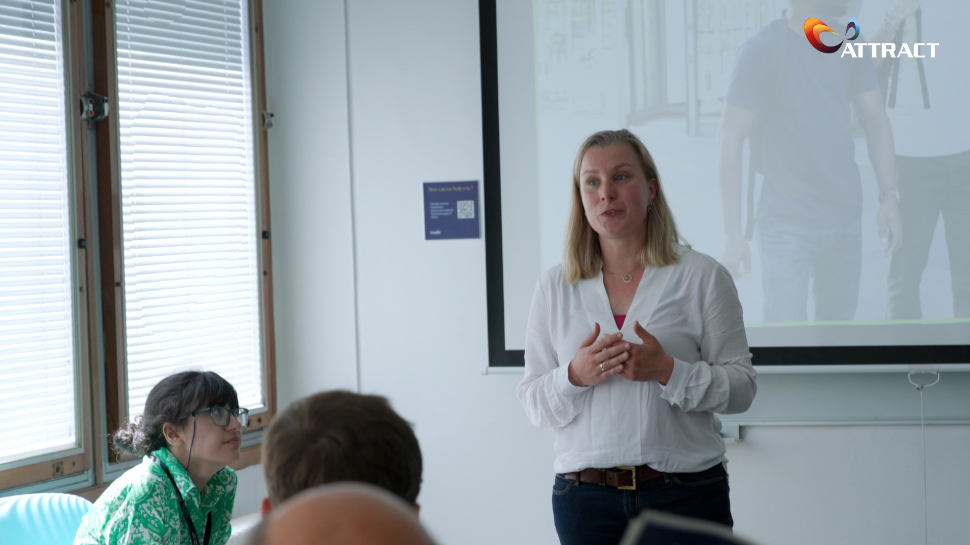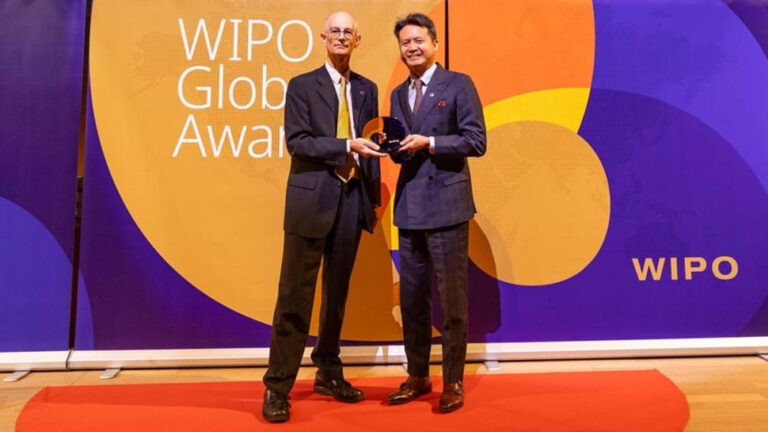The NEXTGEN-TECH-ED project focuses on the didactical design of science and technology entrepreneurship education. Its goal is to assess the impact of such education on the development of entrepreneurial innovation ecosystems and science hubs.
This project is coordinated by the Vrije Universiteit Amsterdam in collaboration with the University of Twente. The research team seeks to develop an assessment tool to analyse the effect of science and tech entrepreneurship education as a means to create an impact on science.
Get to know more about NEXTGEN-TECH-ED with this interview featuring Marie Louise Blankesteijn, Associate Professor at the Vrije Universiteit Amsterdam and coordinator of the project.
What is your personal and career journey so far?
My career path is marked by creating impact through science. I obtained my PhD at the University of Amsterdam 12 years ago in a study on how to organize innovation in water management. After that, I worked at the think tank in The Hague advising the Dutch government, and also in private consultancy advising on innovation in water management. And it brought me to Vrije Universiteit Amsterdam, where I have my own research group on science and tech entrepreneurship education.
What is the idea of the project? And how did it come about?
The idea of our project is to redevelop, and redefine entrepreneurship education, and not just broad general entrepreneurship education, but science and tech entrepreneurship education. We think that is important because we don’t know that much about science and tech entrepreneurship specifically when it comes to creating impact through science and tech education.
Which partners are involved and how did you find them?
Our partners are Vrije Universiteit Amsterdam, where I work myself, but in which a larger group of my colleagues is involved, as well as the University of Twente specifically Dr Rainer Harms, who works at the Entrepreneurship and Technology Management group. We found those partners through our network. There are longstanding relationships between Vrije Universiteit and Universiteit Twente. We have close collaborations with specifically the Entrepreneurship and Technology Management group, but Vrije Universiteit works together in a broader institutional context for strategic collaborations, and this was actually one of them.
What can be the impact of your study on ATTRACT?
Our way to create impact is through refining the didactics of science and tech entrepreneurship education. Our dream is to develop an assessment tool through which we can assess the effect of science and tech entrepreneurship education as a means to create an impact of science in the ATTRACT ecosystem, but basically in science as such. So, ATTRACT for us functions as a playground in order to test our insights and our methods to assess the effect of science and tech entrepreneurship education.
How do you envision participating in this project will contribute to your personal and professional development?
As a professional, the project has helped me greatly in creating importance at my own university for the theme of creating impact with science. It also helped me in increasing my international network, and it helped me to strengthen the collaboration with the University of Twente that was already existing with Vrije Universiteit which we now can strengthen through this project.
For more information
Visit the NEXTGEN-TECH-ED project site.


